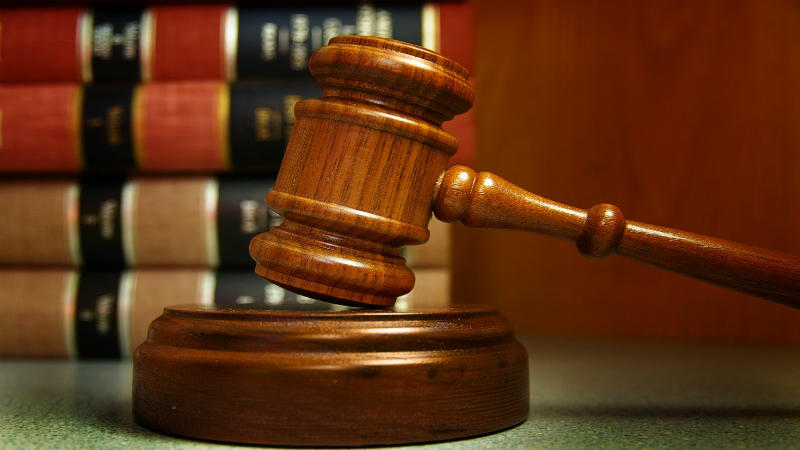The age at which a child is considered emancipated by Indiana courts can be of particular interest to parents who pay child support. The state has guidelines to tell parents when emancipation in Washington, Indiana occurs so they can adjust their finances. Because a child does not necessarily become emancipated at age 18, it is important for parents to know the guidelines.
Prior to 2012, emancipation for child support purposes occurred at age 21. The age of emancipation is now 19 as long as the child is still in school but under some circumstances, emancipation can occur much earlier. A parent paying child support can petition the family courts to end their current support if their child gets married, joins the United States military or is living with someone other than the parents who is not approved by the court.
Parents in Indiana are not obligated to pay their child’s other parent if their child goes away to college at age 18. An attorney from Feavel Law Office can help a paying parent file a petition to have their child support reduced or eliminated if their child spends little or no time with the parent who receives support payments.
In some cases, a minor child may petition the court for emancipation in Washington, Indiana. If a minor child wants to be free to make their own decisions and doesn’t need the financial or emotional support of their parents, they can ask the court to grant them emancipation. A court approved emancipation order typically ends the child support order for the paying parent.
Because of the recent changes to the emancipation law in Indiana, it can be helpful to consult with an attorney if your child is nearing their 18th birthday. The courts require paying parents to file a petition if they think their child is legally emancipated before they turn 19. Without a petition, child support will continue until the child’s 19th birthday whether or not they are attending school full time or living with their custodial parent. A lawyer can explain the process and ensure that a paying parent’s rights are recognized by the court.







